April is the cruellest month | The Waste Land Lecture
Date: Friday 1st April 2022
Time: 17:30
Tickets: From £0.00
Venue: Bristol Central Library
To mark this year’s 100th anniversary of The Waste Land, Jim McCue will consider why we are still reading T. S. Eliot’s poem, how our understanding of it has changed, and what was meant by “editing” it as part of a 2,000-page scholarly edition of the poetry.
Radical Translation | with Girasol Press
Date: Saturday 9th April 2022
Time: 17:00
Tickets: From £0.00
Venue: Wills Memorial Building (G25), Queens Rd, Bristol BS8 1QE
Radical Translation explores politically and artistically “radical” approaches to poetry in translation, featuring poets and translators published by or connected with Bristol-based small publisher Girasol Press. We’ll hear from Say, Spirit, Sheffield-based poet Alex Cocker’s experimental translations of Michelangelo’s sonnets, which tease out questions of androgyny, queer desire and the “trans” in translation. There will be readings of new work from Latinx poet and translator Juana Adcock, whose poetry explores living between languages and the violence of present-day Mexico, and from the writer and translator Jessica Sequeira, whose fiercely hybrid texts transgress boundaries of language and genre. Lastly, the afternoon will feature video contributions in Ch’ol and Tsotsil, as well as Spanish and English, from three Mexican poets (Canario de la Cruz, Edgar Darinel García, and Miriam Esperanza Hernández Vázquez) included in Jukub: Poems from Chiapas for the Reverse Conquest. Jukub, the Ch’ol word for canoe, alludes to the Zapatista Army of National Liberation’s maritime delegation, which in 2021 sailed to Europe to mark 500 years since the “conquest” of Mexico in 1521. As a publisher, Girasol Press is interested in experimental approaches to translation and in the tactility and radical slowness of book-arts and antiquated print technologies, such as their trusty Adana 8×5!
Diana Bellessi | To Love A Woman/Amar a una mujer
Date: Saturday 9th April 2022
Time: 18:30
Tickets: From £0.00
Venue: Wills Memorial Building (G25), Queens Rd, Bristol BS8 1QE
Join Argentinian poet Diana Bellessi and translator Leo Boix to celebrate the publication of To Love A Woman. With support from Polish multilingual poet Bohdan Piasecki. Presented in partnership with the Poetry Translation Centre. Bellessi is a groundbreaking writer who has been credited as the godmother of LGBTQI+ poetry in Latin America. Over the decades she has championed feminist and queer issues and themes, and has exerted a strong influence on prominent poets and writers from the 1980’s through to the present day. Bellessi’s direct, simple aesthetic style was adopted, in part, to speak directly to ordinary people of Argentina over the literary intelligentsia, part of her deep commitment to highlighting the social condition of the working class in Latin America, alongside progressive politics and ecological conservation. A prolific writer, Bellessi has published 25 books and this selection draws from the whole range, charting the progression and evolution of her poetry. Largely untranslated until now, The Poetry Translation Centre is proud to be publishing this collection, many of the poems appearing in English for the first time. Bellessi and Boix will be reading from To Love A Woman in the original Spanish with English translations, and discussing her life and work. While the BPI has not organised this event, we are excited that it continues our engagement with Bellessi and Boix, following a PTC and BPI-hosted translation workshop led by Boix last spring.
Poetry Aloud | Featuring Daljit Nagra
Date: Sunday 10th April 2022
Time: 14:00
Tickets: From £0.00
Venue: St. George’s Bristol, Great George St, Bristol BS1 5RR
A free, fun and inspiring afternoon for children, young people and families with top poets and musicians. Children and young people from schools in Bristol and the surrounding areas will perform their chosen poems, old and new, and poems they have written themselves. This event is presented in partnership with Poetry By Heart. Children and young people, aged 7-18, can sign up to perform a poem of their choice by contacting info@poetrybyheart.org.uk. The event will feature special performances from former BPI Annual Reader Daljit Nagra and clare potter, and a poetry and music collaboration by Bob Walton and JOW.
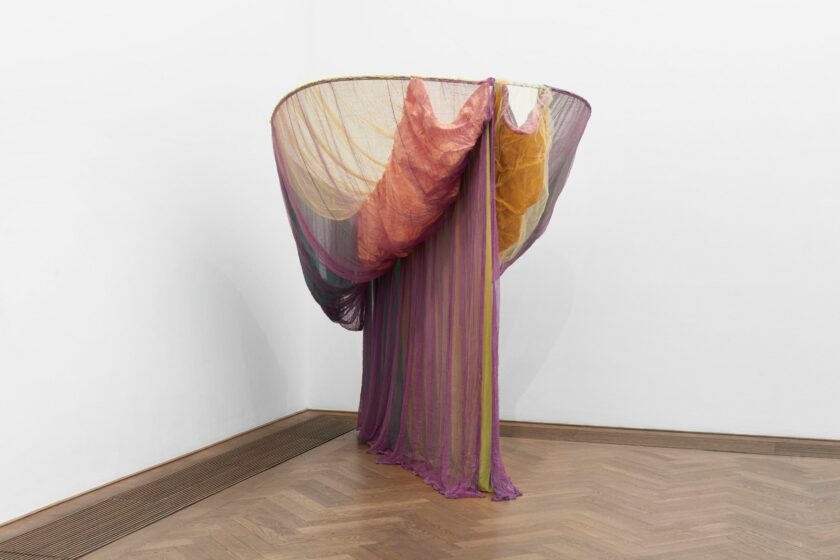


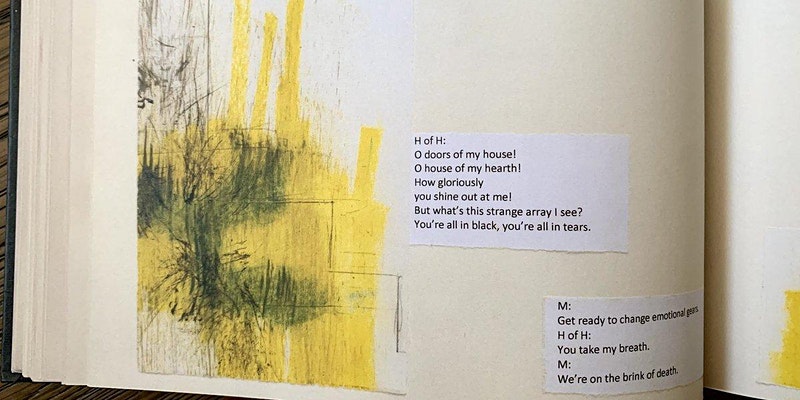


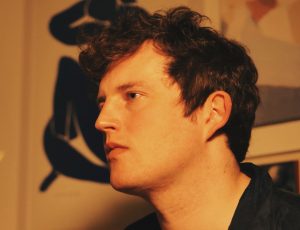

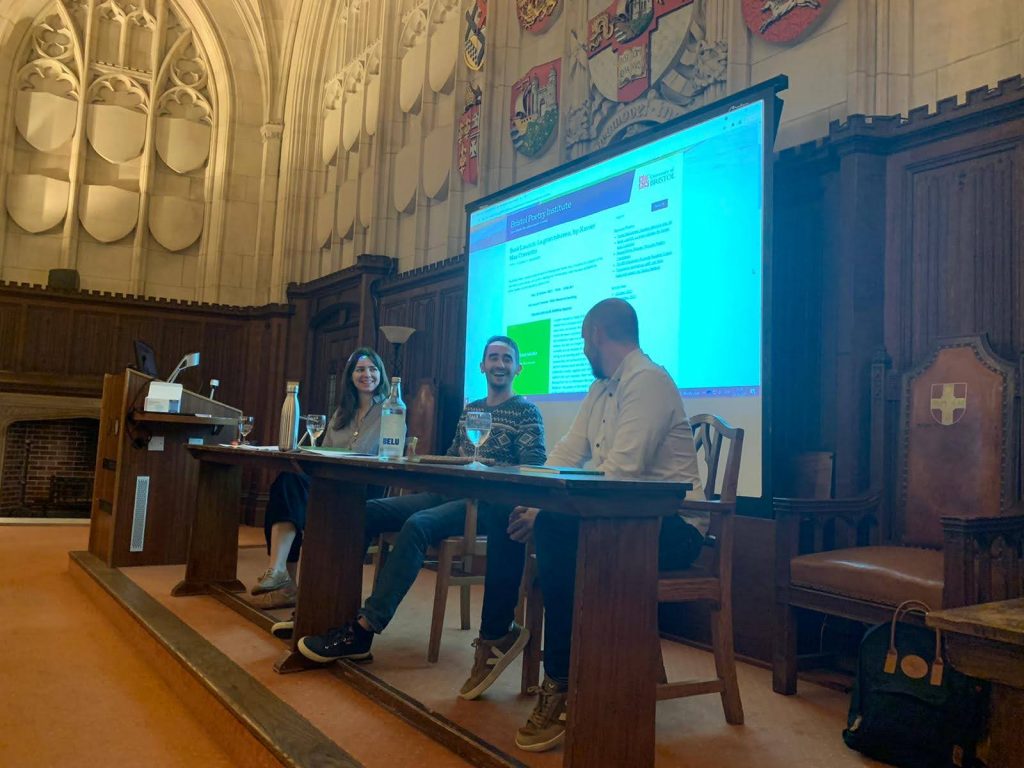
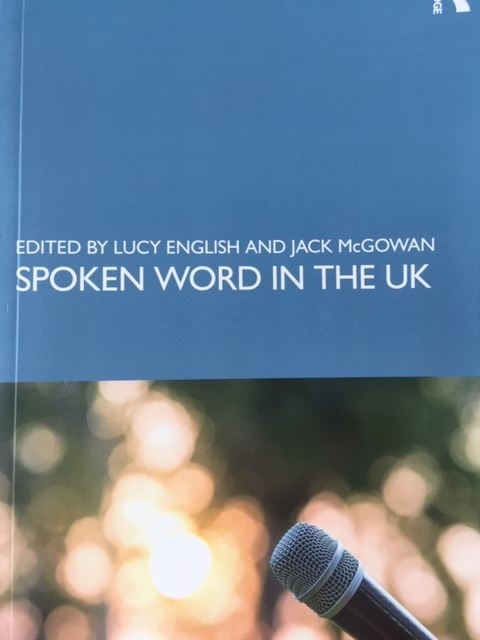
 Pete Bearder is a spoken word poet, comic and musician whose work has been featured on BBC radio 4, The World Service and Newsnight. He is the former National Poetry Slam Champion and has performed around the world with organisations such as the British Council. His groundbreaking book, ‘Stage Invasion: Poetry and the Spoken Word Renaissance’ explored the history and practice of spoken word. ‘This is the book we have all been waiting for as we live through an unprecedented growth in the popularity and vitality of the poetry that revitalises the air we breathe.’ Ian McMillan.
Pete Bearder is a spoken word poet, comic and musician whose work has been featured on BBC radio 4, The World Service and Newsnight. He is the former National Poetry Slam Champion and has performed around the world with organisations such as the British Council. His groundbreaking book, ‘Stage Invasion: Poetry and the Spoken Word Renaissance’ explored the history and practice of spoken word. ‘This is the book we have all been waiting for as we live through an unprecedented growth in the popularity and vitality of the poetry that revitalises the air we breathe.’ Ian McMillan. Helen Johnson is a principal psychology lecturer at the University of Brighton and Co-Director for the University’s “
Helen Johnson is a principal psychology lecturer at the University of Brighton and Co-Director for the University’s “ Jacob Sam-La Rose is a poet, educator and editor, deeply invested in supporting emerging poets and writers. He’s been responsible for Barbican Young Poets, the Spoken Word Education programme and Shake the Dust (youth slam and poetry-in-education CPD). His work has been translated into Portuguese, Latvian, French and Dutch, and his collection ‘Breaking Silence’ is studied at A’ level.
Jacob Sam-La Rose is a poet, educator and editor, deeply invested in supporting emerging poets and writers. He’s been responsible for Barbican Young Poets, the Spoken Word Education programme and Shake the Dust (youth slam and poetry-in-education CPD). His work has been translated into Portuguese, Latvian, French and Dutch, and his collection ‘Breaking Silence’ is studied at A’ level.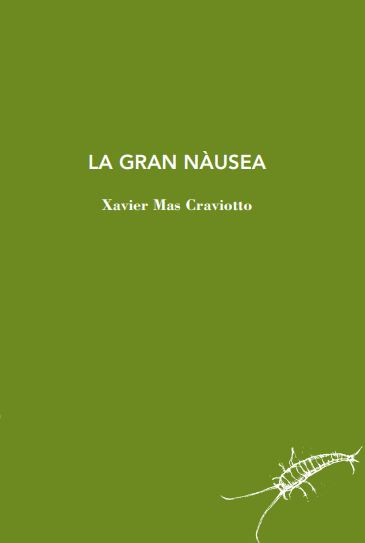
 Xavier Mas Craviotto (Navàs, Catalonia, 1996) is currently the Catalan lector at the University of Bristol. He studied Catalan Philology in Universitat de Barcelona and a postgraduate degree in Language Consultancy and Publishing Services at the same university. He also collaborated for two years with The Research Centre for Sociolinguistics and Communication (CUSC-UB). He is one of the founders of
Xavier Mas Craviotto (Navàs, Catalonia, 1996) is currently the Catalan lector at the University of Bristol. He studied Catalan Philology in Universitat de Barcelona and a postgraduate degree in Language Consultancy and Publishing Services at the same university. He also collaborated for two years with The Research Centre for Sociolinguistics and Communication (CUSC-UB). He is one of the founders of  Joanna Crow is Associate Professor in Latin American Studies. She has worked at the University of Bristol since 2006 and is currently Head of Subject for the Department of Hispanic, Portuguese and Latin American Studies. Her research focuses on Latin American cultural and intellectual history. She is particularly interested in histories of race, racism, and anti-racism. Her forthcoming book with Palgrave Macmillan is a study of transnational networks and debates about indigenous rights in early twentieth century Chile and Peru.
Joanna Crow is Associate Professor in Latin American Studies. She has worked at the University of Bristol since 2006 and is currently Head of Subject for the Department of Hispanic, Portuguese and Latin American Studies. Her research focuses on Latin American cultural and intellectual history. She is particularly interested in histories of race, racism, and anti-racism. Her forthcoming book with Palgrave Macmillan is a study of transnational networks and debates about indigenous rights in early twentieth century Chile and Peru. James Hawkey is Catalan Studies Coordinator at the University of Bristol. His research is focused on Catalan Linguistics and Cultural Studies. He has worked at the University of Bristol since 2014, prior to which he held positions at the Sorbonne University in Paris, as well as the Centre for Catalan Studies at Queen Mary, University of London.
James Hawkey is Catalan Studies Coordinator at the University of Bristol. His research is focused on Catalan Linguistics and Cultural Studies. He has worked at the University of Bristol since 2014, prior to which he held positions at the Sorbonne University in Paris, as well as the Centre for Catalan Studies at Queen Mary, University of London.
![THE ALEJANDRA PIZARNIK READING GROUP Faculty of Arts Organised by Laura Jansen Under the auspices of the Bristol Poetry Institute Fridays 3:30-5pm September 3, 10, 19 and 24, 2021 With the participation of poets Alice Oswald & Phoebe Giannisi ‘There is an aura of almost legendary, classical prestige that surrounds the life and work of Alejandra Pizarnik.’ César Aira (1998) During her short life, Alejandra published eight small books that have earned her a fundamental place in poetry in Spanish. Her forerunners were classical Greek and Roman poets, Arab-Andalusian poets of the Middle Ages [...] Rimbaud and the French surrealists. Eventually, her poetic vocabulary became unique: echoes of [these traditions] can be heard in the background of her writing, but they are never allowed a full presence. Alberto Manguel (2015) Postgraduates and Postdoctoral researchers interested in twentieth-century writers are warmly invited to attend this online interdisciplinary reading group, hosted by Laura Jansen of the Department of Classics and Ancient History in partnership with the Bristol Poetry Institute. Our focus this year is on the oeuvre of Argentine poet Alejandra Pizarnik (Buenos Aires 1936-72), whose writings include poems, diaries, correspondence and critical essays. We will be exploring a selection of texts from works such as Diana’s Tree/ Árbol de Diana (1962), Works and Nights/ Los trabajos y noches (1965), Extracting the Stone of Madness/ Extracción de la piedra de locura (1968), and A Tradition of Rupture: Selected Critical Writings (2019). The texts will be circulated in English, while readings of short poems during the sessions will be performed in English, as well as in Spanish and French, the two languages in which Pizarnik wrote. Participants are expected to commit to regular online attendance of the four sessions. The group will meet on Fridays, 3:30-5pm, starting on September 3, 2021. It is expected that the reading group will be predominantly for postgraduate and postdoctoral scholars, although senior scholars are also very welcome. All those interested in attending should get in touch with the organiser by July 1, 2021: laura.jansen@bristol.ac.uk](https://poetry.blogs.bristol.ac.uk/files/2021/06/POSTER-PIZARNIK.jpg)